The COVID-19 crisis has brought a new reality to education provision and especially VET education. Many education providers, including VET, turned to eLearning to ensure the continuity of education for their learners. But what about quality in eLearning? It is evident that in such a short time, applying quality in eLearning is hard to encompass in VET education.
BEQUEL is an Erasmus+ funded project coordinated by the Technical University of Košice (Slovakia) that started in May 2021 and will run for 2 years. It aims at assisting VET providers in their progress towards effective deployment of eLearning VET programmes and ensuring quality assurance practices in digital education initiatives. The project includes actions that contribute to building eLearning education readiness and to mitigating the impact of the COVID-19 crisis on VET education.
The general objective of the BEQUEL project is to develop quality assurance in eLearning provision and practices of VET educators, in the involved countries, through promotion of self-evaluation, quality benchmarking and networking between VET providers. More specifically, the objectives are:
– To examine the existing approaches for quality in digital eLearning and pedagogies in VET education at European level
– To develop an online benchmarking tool for quality assurance in eLearning for VET providers
– To create a Community of Practice of VET providers across the EU and mobilize it through social media.
The BEQUEL project is in line with the priority of the EU to transform education and facilitate its transition to the digital era and is based on the Digital Education Action Plan, the DigiCompOrg framework, the ENQA considerations and other quality assurance in digital education initiatives.
Stay up to date about the project’s activities by following the LLL pathways Facebook page, joining the LinkedIn group or subscribing to the newsletter. In addition, new articles will regularly be posted on the project’s website.
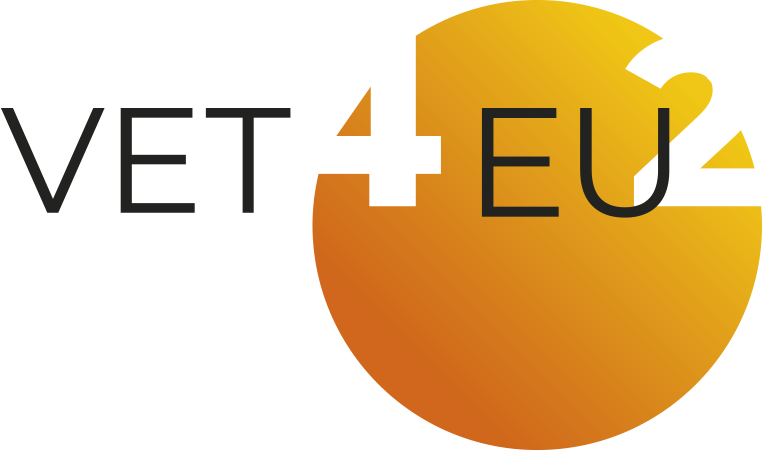
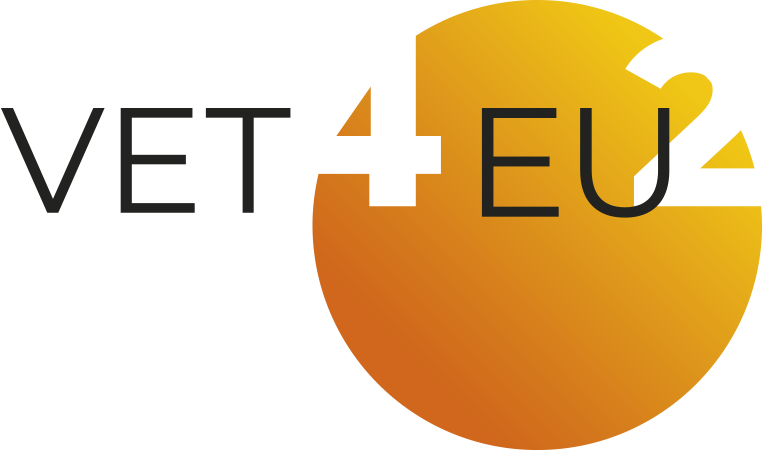

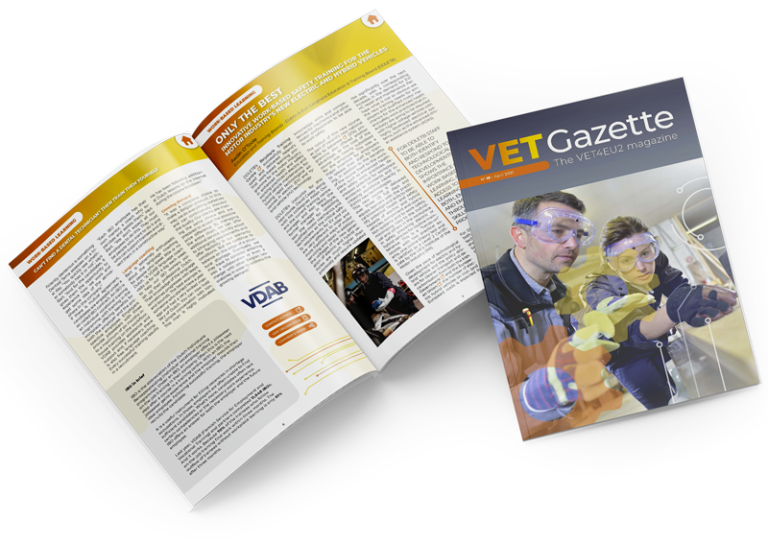
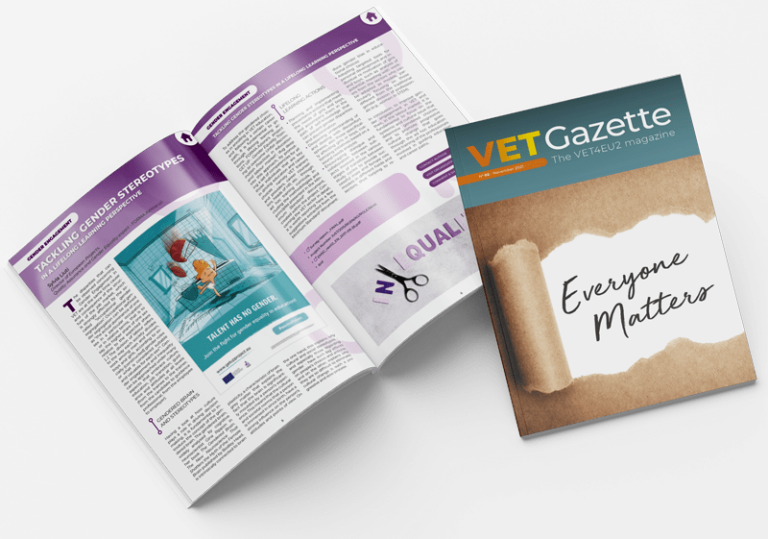
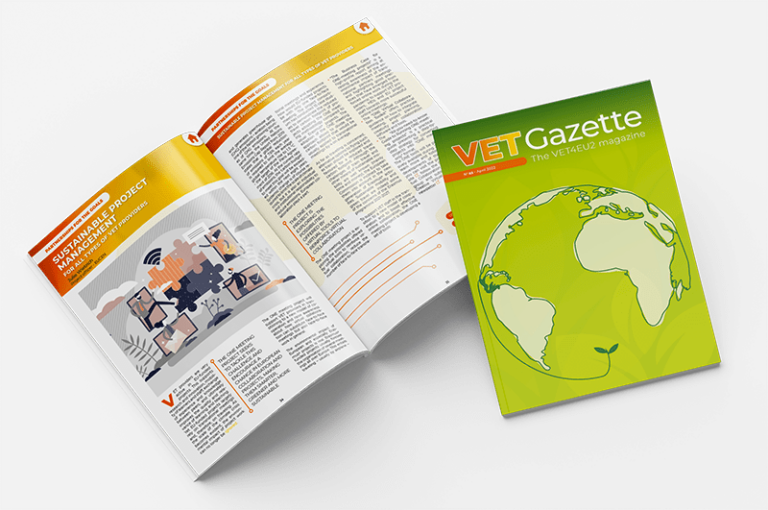
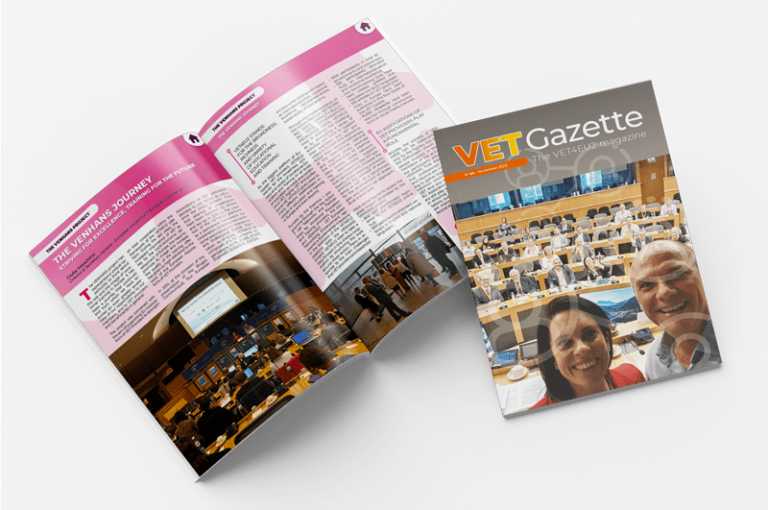

Responses